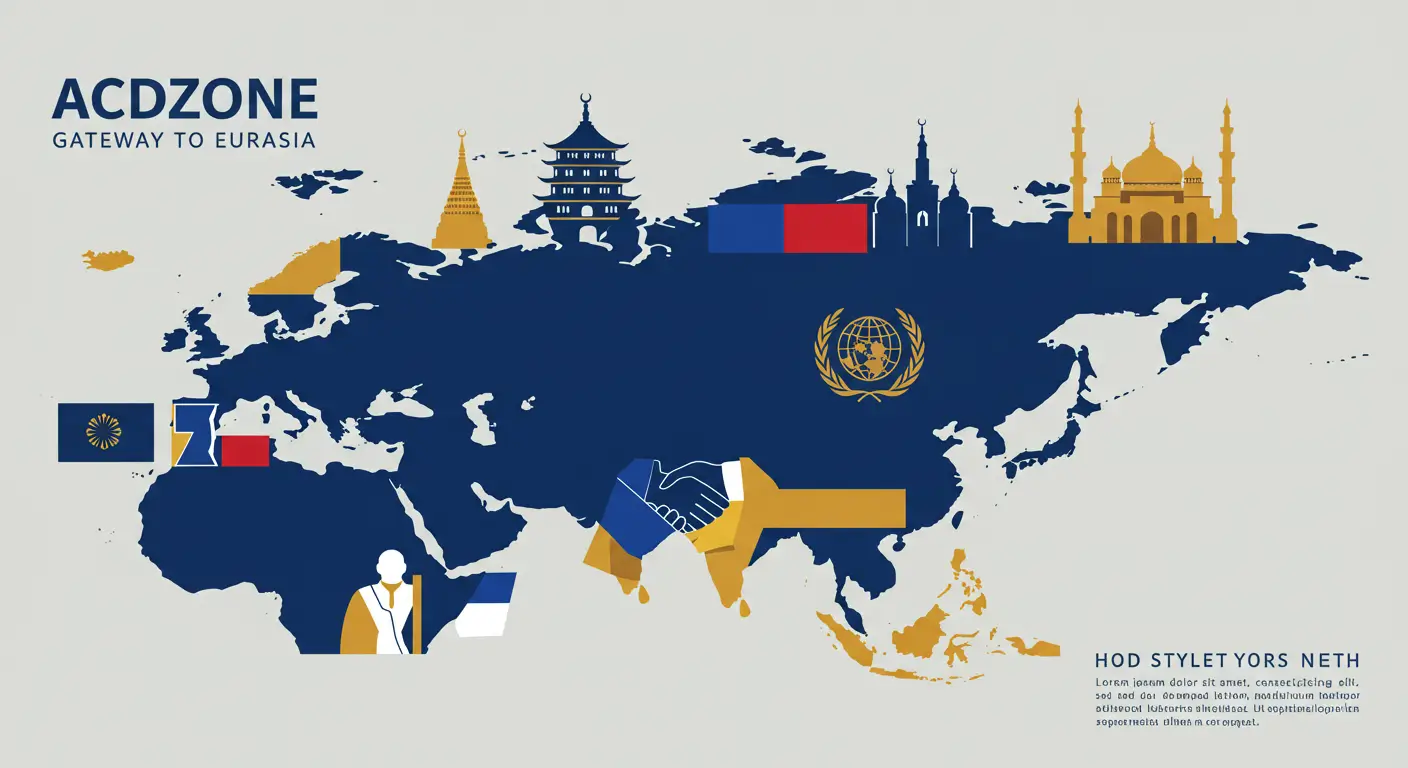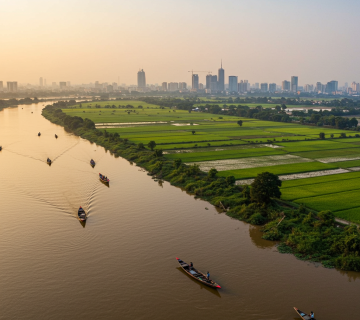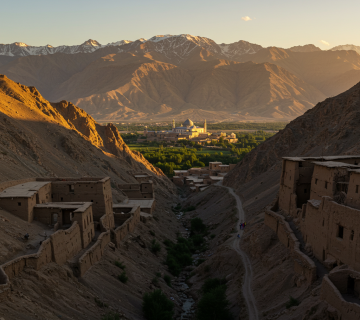Jordan’s Geography: A Strategic Crossroads in the Middle East
Amid the geopolitical volatility of the Middle East lies a small yet influential country whose geographical position offers not only natural diversity but strategic significance. Jordan—surrounded by deserts, mountains, and historic rivers—serves as a stabilizing hub, connecting East and West. Its location is the key to its diplomatic and logistical influence across the region.
🧭 Geopolitical Location
Situated in southwest Asia, Jordan shares borders with Palestine, Syria, Iraq, Saudi Arabia, and Israel. Its position next to critical conflict zones increases its geopolitical value. The port city of Aqaba provides Jordan’s only outlet to the Red Sea, making it vital for trade and maritime connectivity.
🏜️ Diverse Geography
Jordan’s terrain ranges from fertile plains in the Jordan Valley to the rugged highlands of the north and expansive deserts in the east. The Dead Sea, the lowest point on earth, is both a natural wonder and an environmental asset.
🌍 A Link Between East and West
Jordan serves as a bridge between Arab countries and the West. Humanitarian, military, and commercial routes pass through its land. It hosts major diplomatic summits on peace, security, and energy—often playing a facilitating role in regional dialogue.
🛡️ Anchor of Stability
Thanks to its moderate politics and geography, Jordan has become a haven in a volatile region. Hosting refugees from Syria and Iraq, it contributes to regional humanitarian efforts while supporting peace initiatives, particularly in the Israel-Palestine conflict.
🏗️ The Importance of Aqaba
The Port of Aqaba grants Jordan access to global markets. As a hub for imports, exports, and regional logistics, Aqaba strengthens Jordan’s trade links and strategic relevance. It also serves as a lifeline for landlocked neighboring regions.
🌐 Infrastructure and Connectivity
Jordan’s road network, international airports in Amman and Aqaba, and regional railway plans highlight its drive to solidify its geopolitical presence. Border cooperation with Saudi Arabia, Iraq, and Palestine reflects its active role in regional integration.
Conclusion
Despite its size, Jordan wields considerable influence due to its geography. As a platform for diplomacy, commerce, and regional dialogue, Jordan remains a critical stabilizing force amid Middle Eastern challenges.





No comment